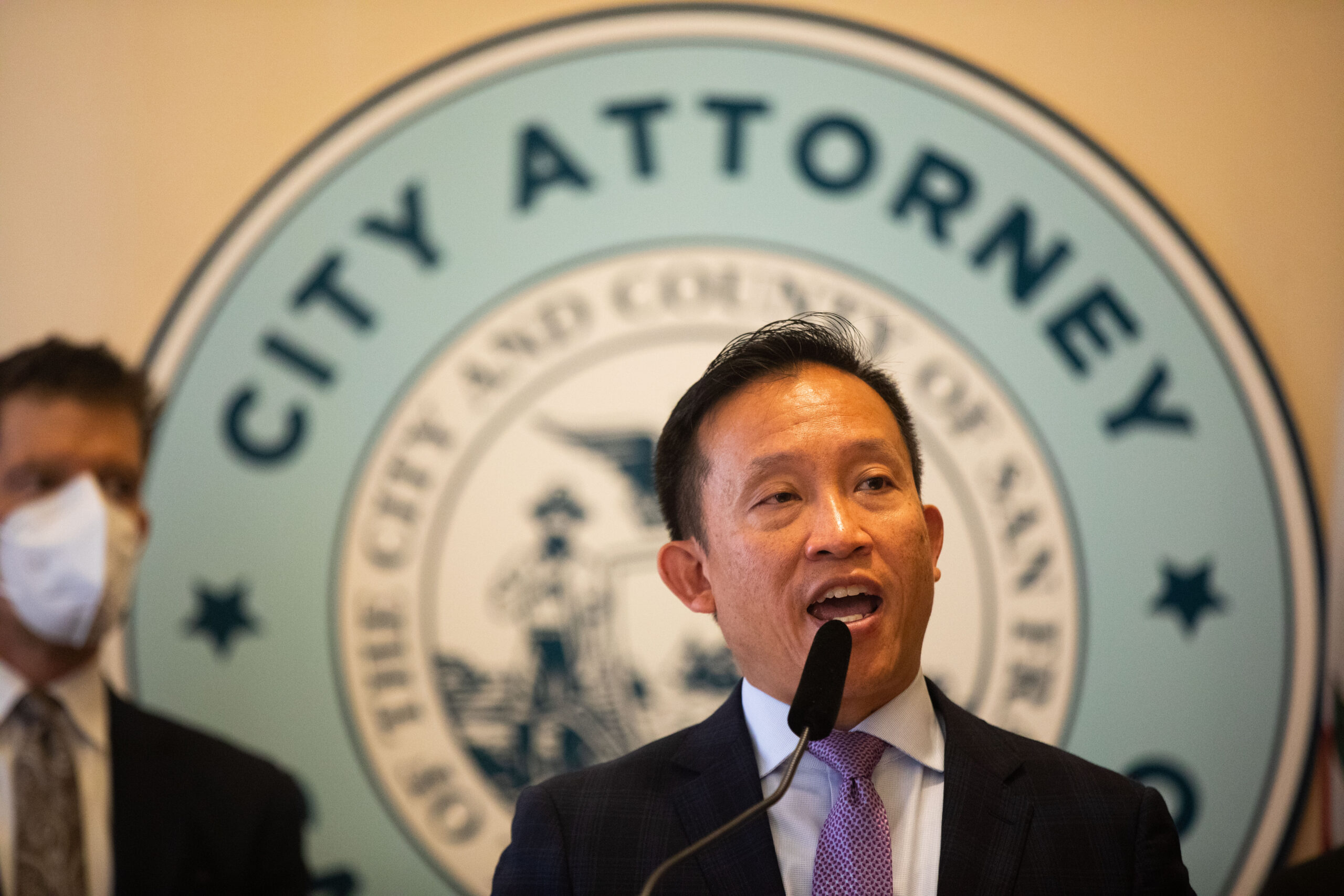In a world where social media has made politics much more immediate and personal, San Francisco’s elected officials are Very Online, and so are their constituents. Those constituents—and sometimes the politicians themselves—broadcast opinions in ways that are creative or merely obnoxious, depending on your point of view.
Online politics has elevated the “shitposter”: the short-form provocateur in search of long-term impact by posting rude, visceral or disruptive tweets. In the thunderdome of SF politics, they’re everywhere. Indeed, depending on voters’ mood, it’s possible San Francisco could elect its first “shiposting” District Attorney come November.
It’s less clear how, if at all, elected officials should moderate those posts. Courts are increasingly shaping how far public figures can go to make their social media accounts into walled gardens of civility—and blocking users, especially permanently, is increasingly frowned upon.
“My hope is that when public officials open a forum like this, it’s more akin to a sidewalk than a prison,” James Wagstaffe, a leading First Amendment lawyer, told The Standard. “If you allow public access, then you can’t discriminate based on viewpoint.”
That said, many of our local politicians appear to block users anyway.
Enter City Attorney David Chiu, who adopted a new social media policy for his Twitter account late last month. The policy aims to “create a limited forum devoted exclusively to my postings, and comments from members of the public relevant to the subject matter of the post to which they are responding.”
Today, I am adopting a social media policy for this account. Please feel free to read through the full policy below: pic.twitter.com/pVBX2JOh9T
— David Chiu (@DavidChiu) September 23, 2022
The policy also specifically says that Chiu does “not intend to block any users from this account,” but instead reserves the right to remove comments that are off-topic, are offensive or incite illegal activity and the like.
The “limited forum” approach already has some case law on its side, including a July 2022 decision in a San Diego County case where local commissioners who maintained official social media pages were found to have violated the free speech rights of posters by blocking their comments without first “setting rules of etiquette or decorum regulating how the public was to interact with their social media accounts.”
“Despite receiving hundreds of violent and racist comments over his career, City Attorney Chiu has not blocked any social media users nor removed any comments,” said Jen Kwart, Chiu’s spokesperson. “We have no intention of starting to block users or remove comments now. The social media policy we posted is simply best practice in case it should ever become necessary to enforce.”
Mukund Rathi, lawyer and Stanton Fellow at the Electronic Frontier Foundation, cautioned that Chiu and his office are going to have to be consistent in their enforcement of any rules.
“If in practice they deviate from their stated policy, courts may determine it’s not a limited forum,” Rathi told Standard. “The risk is there that governments say one thing but become inconsistent in practice. Some issues have merit but are still used to silence critics.”
Despite any potential pitfalls in enforcing the policy, Chiu evidently sees it as the best compromise—and as a possible solution for other elected officials.
“Any department or City official who would like to have a policy like this should feel free to emulate it,” added Kwart.
